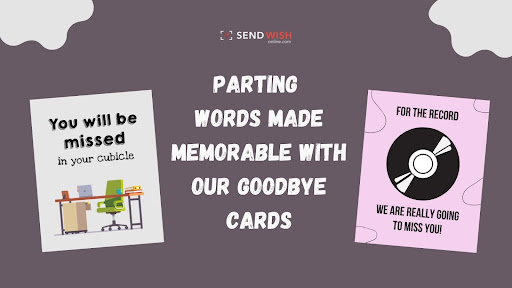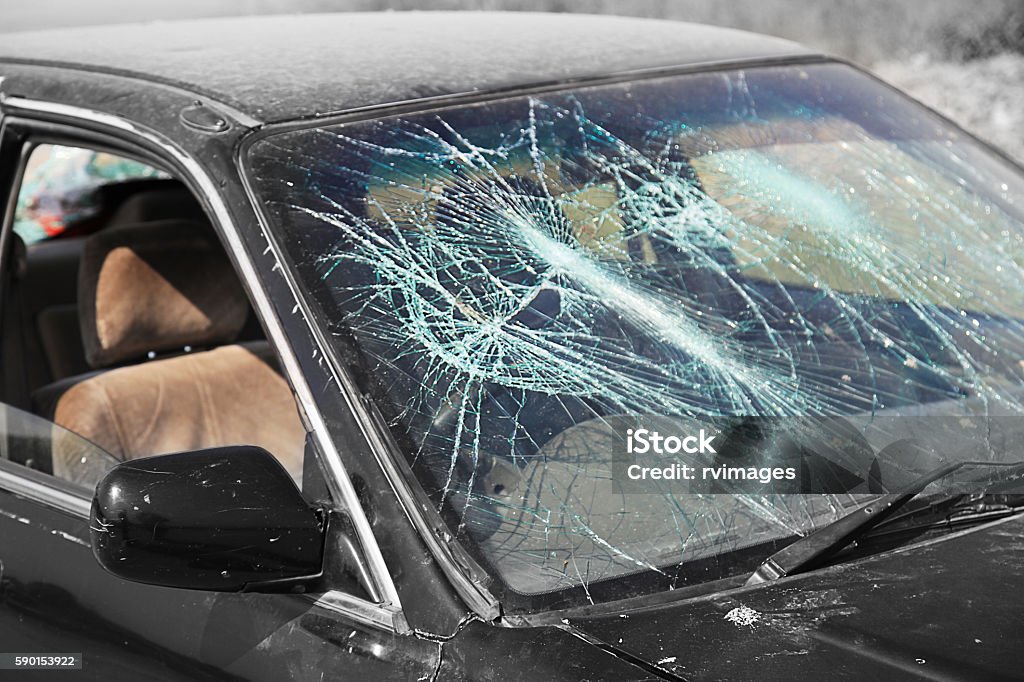In this new dynamic, sending off a departing teammate with a card becomes even more impactful. Here are a few reasons why farewell cards are such an important tradition in offices:
It Shows You Care on a Personal Level
While an email from HR may communicate key logistical details about separation, a farewell card demonstrates real human care and connection. Receiving well wishes from individual colleagues is validating and reminds the leaver that they are more than just an employee – they are a person who formed bonds. Particularly for those who worked closely together, a card says “I see you as more than a coworker and wish you the best as a fellow human.”
It Provides Closure and Recognition
Especially when someone leaves abruptly or on unideal terms, a card provides closure to both parties. For the one leaving, it acknowledges their time and role within the company. For those staying, it helps process the change in a thoughtful way. This recognition helps detachment feel complete rather than lingering in ambiguity or discomfort. The leaver feels their work was valued even after moving on.
It Boosts Morale and Loyalty
When companies foster a culture where goodbyes are celebrated rather than dreaded, it engenders loyalty. Current employees see that their organization prioritizes human relationships rather than being solely transactional. They’re more likely to feel engaged, motivated and committed to the mission if personal bonds are respected. And departing employees leave with fond memories rather than bitterness, potentially becoming future brand ambassadors.
It Costs Little but Means a Lot
While companies may balk at lavish sendoffs, a simple card costs next to nothing. But to the recipient, it represents so much – that their presence was acknowledged, their contributions mattered, and the relationships formed will be remembered. The minimal effort it takes to circulate a card for signatures and well wishes is hugely impactful for morale and memory-making. Offices should avoid seeing it as an unnecessary expense.
As someone who has benefitted from such a small act of thoughtfulness, I’m a strong advocate for keeping the tradition of farewell cards alive – whether in person or remote. Especially in a time where connection can feel fleeting, these tokens that say “you matter to us” are so important for the humanity of the workplace. So next time a colleague’s last day arrives, I encourage sparing five minutes to pull together a card. You’ll be glad you took the time to acknowledge them in this simple yet meaningful way.
While farewell cards play an important role in acknowledging departing colleagues, they can also be impactful for celebrating other career milestones within a company. Marking promotions, achievements, or even just someone’s work anniversary with a card shows that their contributions over time are valued.
For example, when a longtime employee reached their 5-year mark at my previous job, their manager circulated a card for our team to sign in recognition. Even those who had only worked with this person for a year or two took the time to add a note of congratulations. On their anniversary, receiving well wishes from both close coworkers and newer teammates meant a lot. It demonstrated that this employee was appreciated across the organization, not just within their immediate work.
Celebrating milestones through cards helps foster a culture where growth and longevity are encouraged. It signals to all staff that their work will be acknowledged as they progress in their careers. People want to feel invested in – so taking small gestures like this to recognize wins, achievements and tenure boosts employee happiness, engagement and retention.
I’ve also seen milestone cards used to show appreciation for extra efforts like taking on additional responsibilities or successfully leading a major project. Circulating a card saying thank you after someone goes above and beyond reinforces that hard work doesn’t go unnoticed. It encourages others to also go the extra mile, knowing their efforts may be celebrated in a similar way.
Also Check Free Group eCards
So whether it’s farewells, work anniversaries, promotions or kudos for accomplishments – the power of a simple card cannot be overstated. Offices that cultivate this tradition of thoughtful recognition see the benefits in stronger workplace culture, loyalty, motivation and positivity. While remote setups present new challenges, digital card platforms still allow the sentiment to be conveyed.
While cards are a meaningful way to recognize professional milestones, offices should be mindful of making the gesture truly inclusive. For example, circulating cards only through internal email groups risks missing remote or flexible workers. Digital platforms that allow anyone to sign can help ensure off-site staff feel included.
Thought should also be given to how cards are distributed when the celebrant is not in the office. Options like mailing, Express delivering or even hand delivering larger cards on behalf of the whole team prevent the act of recognition from being lost in translation or coming across as an afterthought. Particularly for major milestones, going the extra mile to involve remote colleagues fosters a culture of belonging.
Another consideration is acknowledging different types of milestones through varied card formats. For example, a handwritten note for a 5-year anniversary feels more personal than a printed card. Offering digital options alongside physical ones allows flexibility. Customizable templates on platforms like Sendwishonline.com also let celebrants choose designs that suit their interests or roles. This level of choice shows the gesture was tailored with the individual in mind.
Overall, creating an inclusive tradition of recognition through cards requires some forethought. But making the small effort to thoughtfully involve all staff, regardless of location or situation, pays dividends in building an engaged, motivated workforce where people feel valued for their whole selves. This level of care and appreciation fosters strong workplace cultures that support both professional and personal wellbeing.









